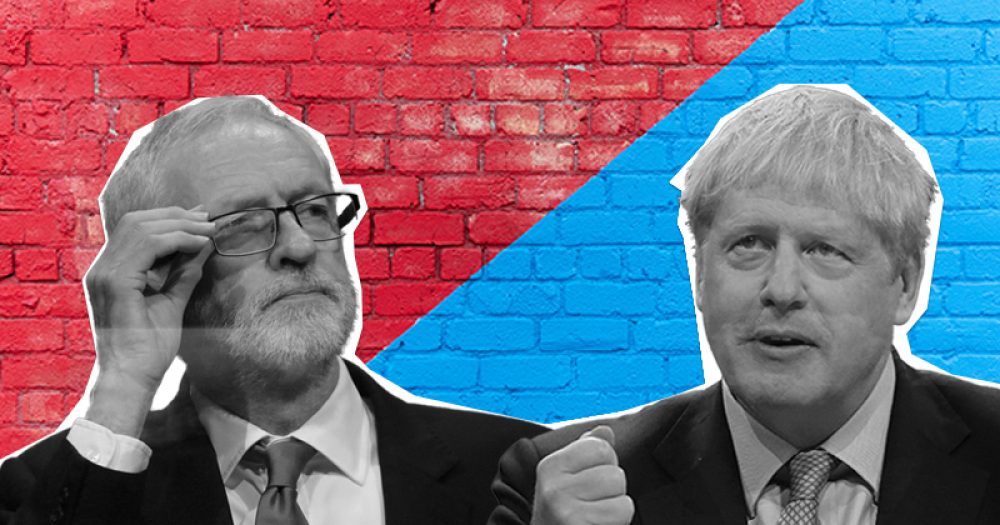The Conservative party’s high-profile dossier revealing the “£1.2 trillion cost” of Labour’s policies includes details for a schools policy the party has not committed to.
In a document entitled The real cost of a Labour government, the Conservatives said that extending free school meals to all secondary pupils would cost £6.8 billion.
The idea you would lose out on all that tax revenue if you abolished independent schools doesn’t really hold
But Labour hasn’t committed to this policy. Its inclusion in the Conservative party document was based on a Schools Week article reporting the shadow health minister Sharon Hodgson telling a conference the party “should seriously consider” rolling it out.
The document also claimed closing all private schools would cost £35 billion over five years (£7 billion a year).
Labour has pledged to close “tax loopholes” for private schools and said it would consider ways to “integrate private schools into the state sector”.
Half of the annual £7 billion is the estimated cost of educating all private school pupils in the state system.
Fact checkers said this was “pretty reasonable”. But they highlighted issues with the other £3.5 billion which the Conservatives claim is the amount of tax revenue that will be lost if the private school sector closes.
Abbas Panjwani, a fact-checker with the independent charity FullFact, said: “The idea you would lose out on all that tax revenue if you abolished independent schools doesn’t really hold.
“You would have more teachers in the state sector, who would be paying income tax and generating tax revenue, and you would have more office supplies to buy for kids being educated in the state sector.”
The costing was based on analysis by the research consultancy Oxford Economics. The company did not combine the two £3.5 billion figures in its original analysis, which was published last year for the Independent Schools Council.
A spokesperson for Oxford Economics said the firm was satisfied its analysis was “highly rigorous”, but said it had not had a chance to evaluate recent interpretations.








“You would have more teachers in the state sector, who would be paying income tax and generating tax revenue,” – true but given that these additional state sector teachers were probably previously independent school teachers they were already paying this tax so one cancels the other. Add to that the fact that many independent schools often pay more than state sector levels the tax income will probably reduce slightly.
“and you would have more office supplies to buy for kids being educated in the state sector.” – again true but I do believe the independent sector also use office supplies and probably more than in the state sector.
The additional costs of more salaries to pay and increased office supplies to purchase will require increases in the amount put into the education budget (a further burden on the tax payer). And we haven’t even considered the cost of purchasing and running additional school sites to house those ex-independent pupils if local state schools are already full.
I personally can’t see how this can work without some significant increase in taxation levels or hike in public borrowing.